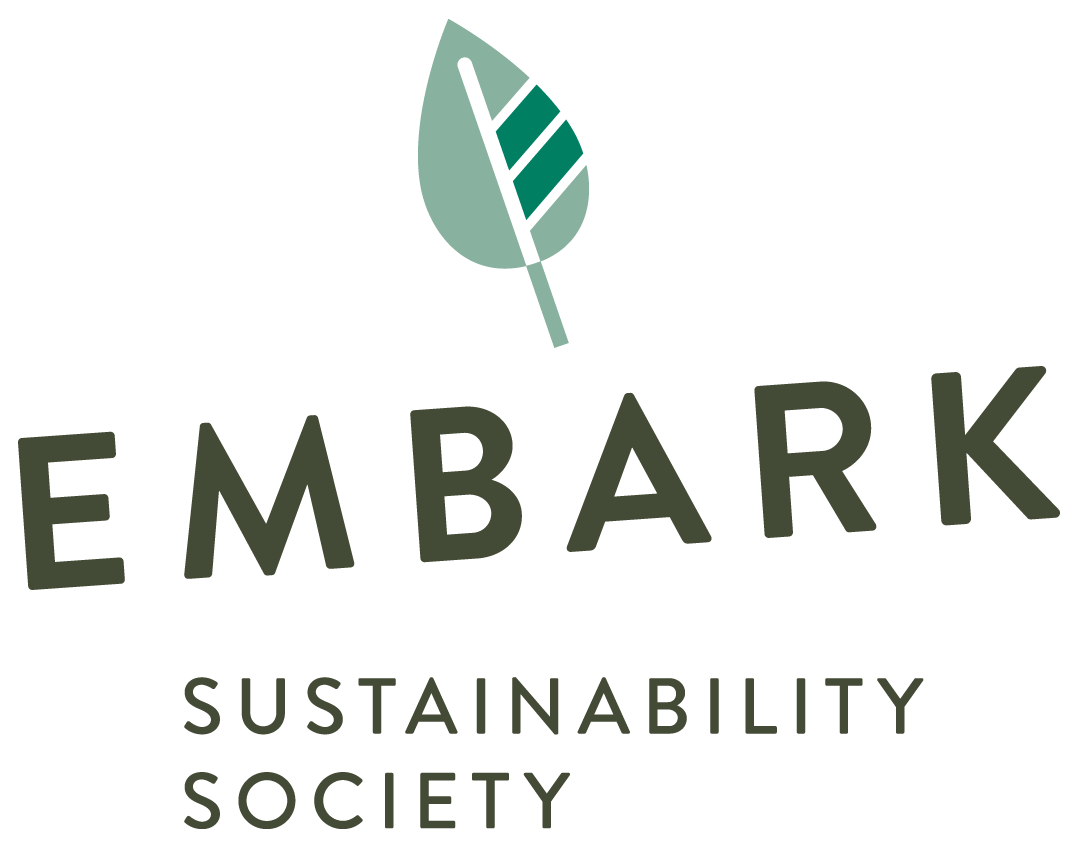Caring for Nature and parks
National parks are natural areas or spaces set aside by governments to protect and preserve the wildlife and environment. They exist to promote the conservation, enhancement, recovery of endangered plants and species as well as act as popular destinations for enjoyment and recreational activities. Over the years, national parks have received an increasing amount of attention. In the beginning of the year 2020 for example, the number of visitors to parks or outdoor spaces in the United states was only 16.25% however, by July 1st 2021, there was a rise of visitors up to a total of 62%. In particular, the Yellowstone national park witnessed a surge in visitor attendance figures with more than 483,100 people stopping by in relative to the year before. The Grand Teton National park in Wyoming also established a staggering record of 363,000 visitors in May 2021 which was a 30% increase in the number of visitors from May 2019. People around the world are now making the effort to get outdoors not only to witness the picture-postcard vistas of the natural beauty that exists in nature, but to also take it as a mindful practice to unplug from the busyness of their daily routines and recharge.
In Japan, being in nature or walking at a park has become an essential part of preventive healthcare and an embraced form of eco-therapy. The term Shinrin-yoku (forest bathing) for example, offers people an eco-friendly antidote to healing from burnout, stress and to also inspire both the young and old to reconnect and protect the country’s forest. It involves soaking under the sun and canopy of the trees for as long as one likes, and taking in the forest atmosphere through all senses.
The Japanese forest bathing is believed to be good for both a person’s physical and mental wellbeing. It spurs creativity, enhances feelings of happiness, reduces stress levels and accelerates recovery from physical illness. To illustrate, a study by the architect, Dr. Ulrich finds that exposure to nature has a powerful effect in the recovery process for illnesses. He showed that constructing a window that looks out into nature in healthcare facilities speeds the recovery time by a day. Hence, with its many rewarding physiological and psychological benefits, nature has increasingly propelled people to make more time to immerse themselves amongst the trees and greeneries.
Despite its calming and environmental benefits, much of nature is still being taken for granted. Urban planning and development projects for instance, are one of the largest contributors to biodiversity loss, habitat fragmentation and destruction. When there is an increase in food, water, land and energy consumption, it fosters the need for more resources. Accordingly, natural habitats of animals and plants are either destroyed or fragmented, and these species are then threatened and jeopardized to fulfil the constructions of roads, buildings and other needs for the human population. For example, building roads or trails for tourist activities trample the vegetation and soil which can affect the plants by losing its vigour and their ability to regenerate. As well, the increase in pollution transmitted by industries as a result of urban development, could contaminate the environment such as elevating levels of sulfonate concentrations in fog. Sulfonate directly impacts the feathers of a particular species of bird known as the Blue swallow which thus affect their ability to fly and their capacity to hunt food in the fog. That being the case, much of biodiversity is lost and threatened when we fail to care for nature and take it for granted.
Knowing this, it is thereby important to act sustainable in our everyday lives. Almost all the activities that we do in our life can be done in the least harmful way to the environment. Choosing bicycles over cars every once in a while, LED bulbs over regular light bulbs, paper over plastic, or reducing the number of single-use products are just a few ways we can preserve and protect nature and natural resources. If we can take the benefits that nature offers to our health and well-being, we should not forget to give back as well. Nature has given us so much, the least we can do in return is make a few adjustments for its sake every once in a while.
By Felicia Jayasputra
